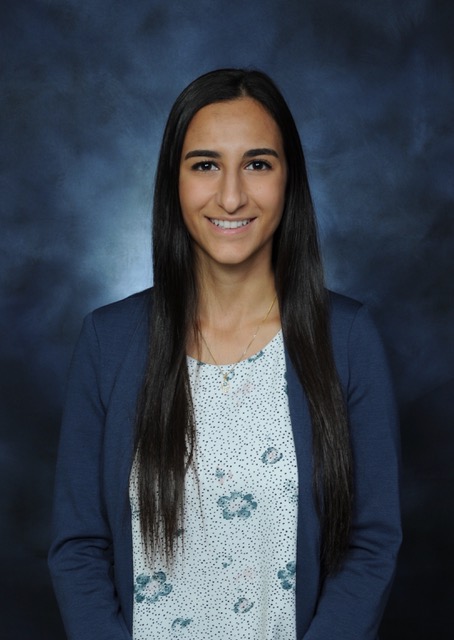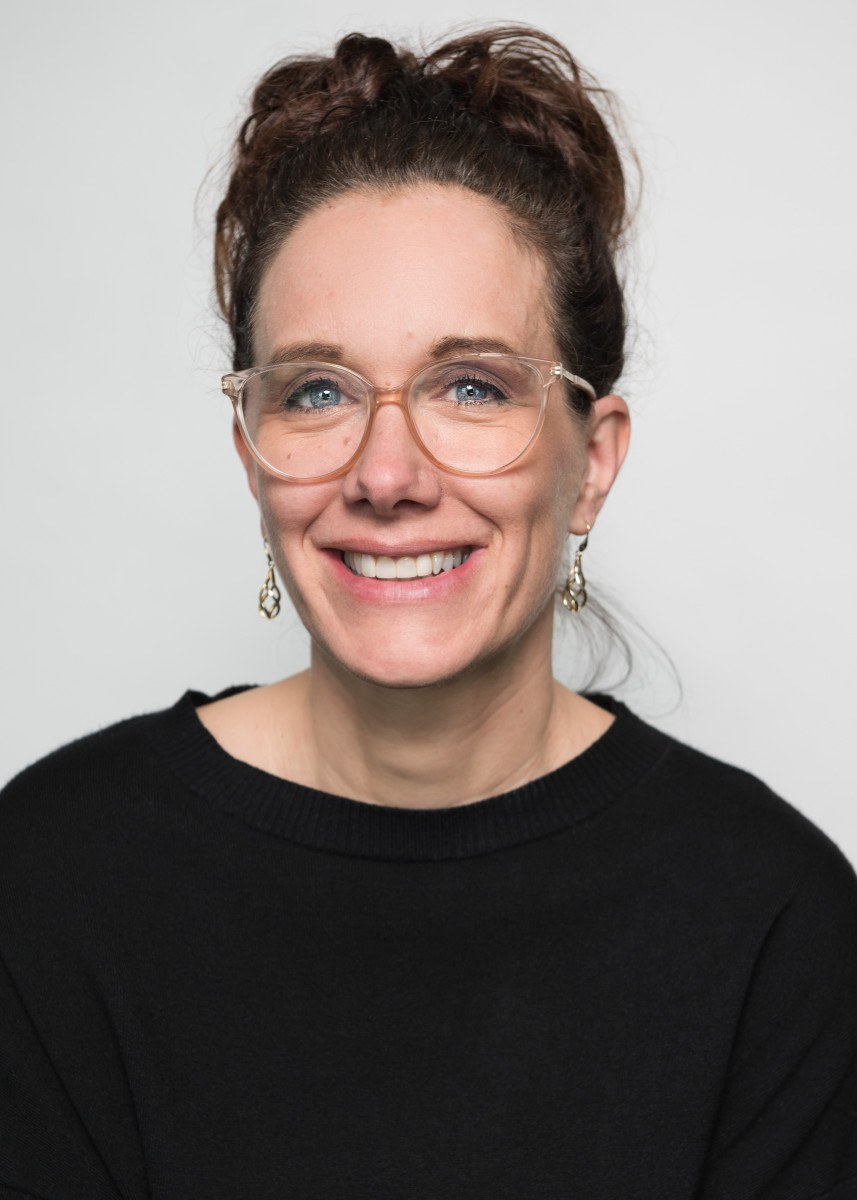Summary :
The Charcot-Marie-Tooth diseases (CMT) form a group of more than 50 assorted diagnoses of neuromuscular disorders. The disabilities are the result of sensory neuropathies and loss in muscle strength. The sensory and muscle strength loss along with the problems related to proprioception represent a few examples explaining the difficulties that people suffering from these diseases must live with. For example, difficulties related to writing, handling objects, self-care, cooking and mobility… Other challenges add up to the physical difficulties. For instance, people suffering from CMT show a great variability in the severity of the clinical presentation, even among the members of the same family with a similar CMT type or similar mutation (variable penetrance). This variation may lead to an over- or underestimation of the met difficulties. Moreover, the physical symptoms are often not very apparent, which might result in relational difficulties. The person with CMT can be perceived as lazy, or clumsy, even though the expression of the disease is well established. Occupational therapy may provide help to these people through various interventions, from the prescription of assistive devices up to the training to perform specific activities.
Cet article est payant !
Je suis abonné, je m’identifie ci-dessous.
Je ne suis pas abonné, j’achète ici
Article rédigé par :
-

Samar Muslemani
Ergothérapeute, M. Erg.
Étudiante à la maîtrise-recherche en sciences de la santé
Centre de recherche Charles-Le-Moyne
– Saguenay – Lac-Saint-Jean sur
les innovations en santé
Université de Sherbrooke
Faculté de médecine et des sciences de la santé
Groupe de recherche interdisciplinaire sur les maladies neuromusculaires
CIUSSS Saguenay – Lac-Saint-Jean, Jonquière, Québec, Canada
Samar.muslemani@usherbrooke.ca
-

Annie Plourde
Biologiste Ph. D.
Courtière de connaissances
Clinique des maladies neuromusculaires
CIUSSS Saguenay – Lac-Saint-Jean, Jonquière, Québec, Canada
Annie.Plourde@ssss.gouv.qc.ca
-

Cynthia Gagnon
Ergothérapeute, Ph. D.
Professeure titulaire
École de réadaptation, Faculté de médecine et des sciences de la santé
Université de Sherbrooke
Directrice du Groupe de recherche interdisciplinaire sur les maladies neuromusculaires
Chercheur régulier Centre de recherche
Charles-Le-Moyne – Saguenay – Lac-Saint-Jean sur les innovations en santé
Clinique des maladies neuromusculaires
CIUSSS Saguenay – Lac-Saint-Jean, Jonquière, Québec, Canada
Cynthia.Gagnon4@USherbrooke.ca

